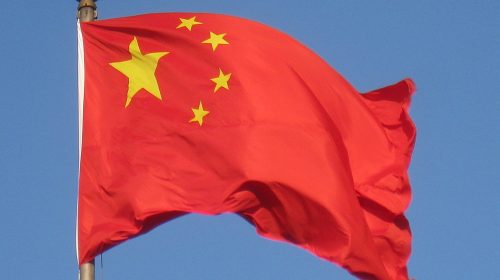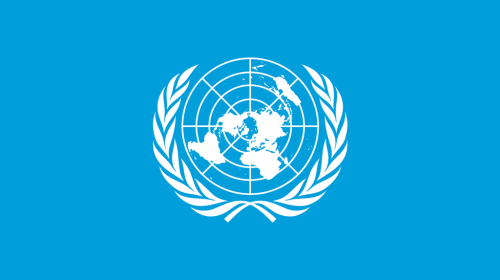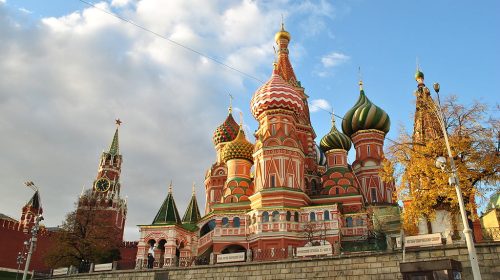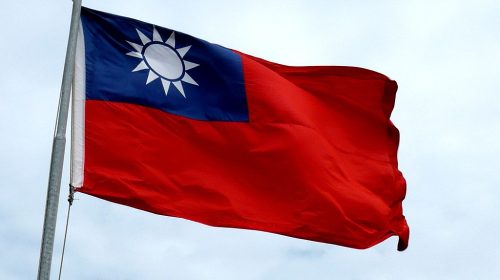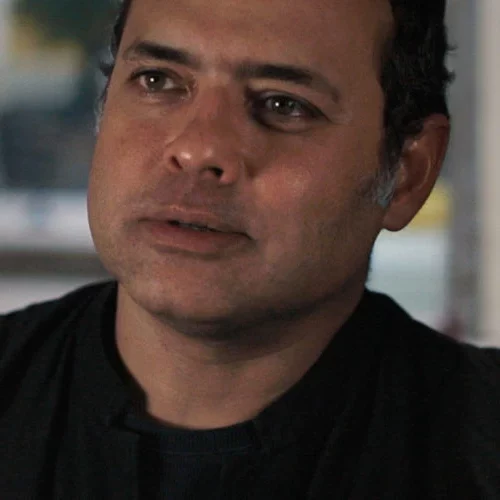John P. Ruehl
Writing for Globetrotter since 2022
John P. Ruehl is an Australian-American journalist living in Washington, D.C., and a world affairs correspondent for the Independent Media Institute. He is a contributing editor to Strategic Policy and a contributor to several other foreign affairs publications. His book, Budget Superpower: How Russia Challenges the West With an Economy Smaller Than Texas’, was published in December 2022.
John P. Ruehl is an Australian-American journalist living in Washington, D.C., and a world affairs correspondent for the Independent Media Institute. He is a contributing editor to Strategic Policy and a contributor to several other foreign affairs publications. His book, Budget Superpower: How Russia Challenges the West With an Economy Smaller Than Texas’, was published in December 2022.
LATEST ARTICLES
NEWS AS IT HAPPENS
Please use our Syndication Request Form to join at no cost our network of publishers spread in more than 60 countries.




